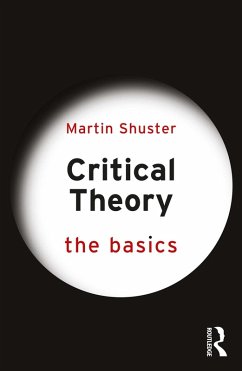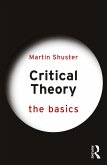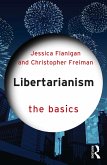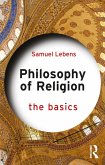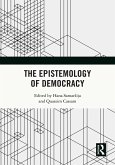First defined by Max Horkheimer in the 1930s, "critical theory" now extends far beyond its original German context around the Frankfurt School and the emergence of Nazism. We now often speak of critical theories of race, gender, anti-colonialism, and so forth. This book introduces especially the core program of the first-generation of the Frankfurt School (including Horkheimer, Theodor W. Adorno, Erich Fromm, and Herbert Marcuse), and shows how this program remains crucial to understanding the problems, ideologies, and systems of the modern world, including capitalism, racism, sexism, and the enduring problems of colonialism. It explores basic questions like:
- What is critical theory?
- What can critical theory be? What should it be?
- Why and how does critical theory remain vital to understanding the contemporary world, including notions of self, society, politics, art, religion, culture, race, gender, and class?
With suggestions for further reading, this book is an ideal starting point for anyone seeking an accessible but robust introduction to the richness and complexity of this tradition and to its continuing importance today.
Dieser Download kann aus rechtlichen Gründen nur mit Rechnungsadresse in A, B, BG, CY, CZ, D, DK, EW, E, FIN, F, GR, HR, H, IRL, I, LT, L, LR, M, NL, PL, P, R, S, SLO, SK ausgeliefert werden.
"Under the guise of an introduction, Shuster has in fact provided a sustained and multifaceted argument for identifying needless suffering as the cynosure from which radiates the multifarious philosophical and sociological productions attributed to Frankfurt School Critical Theory. This immensely informative and at times refreshingly quirky study will prove enlightening to the curious novice and provocative to the seasoned scholar." - Henry W. Pickford, Duke University
"This book is an invaluable resource for students new to the ideas of the Frankfurt School. Providing a lucid and engaging introduction to difficult thinkers and obscure concepts, Martin Shuster shows why critical theory matters today and what lessons it may hold for the future." - Robyn Marasco, Hunter College and The Graduate Center, CUNY

